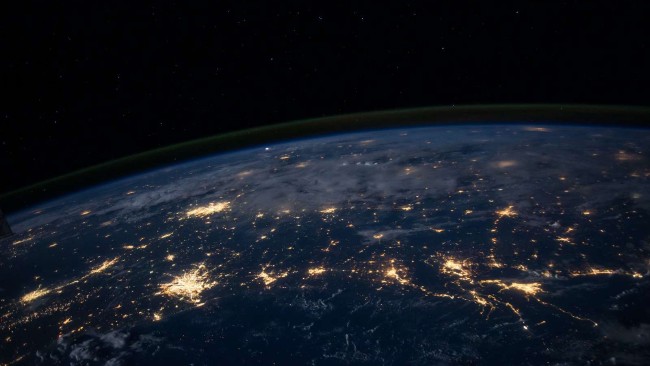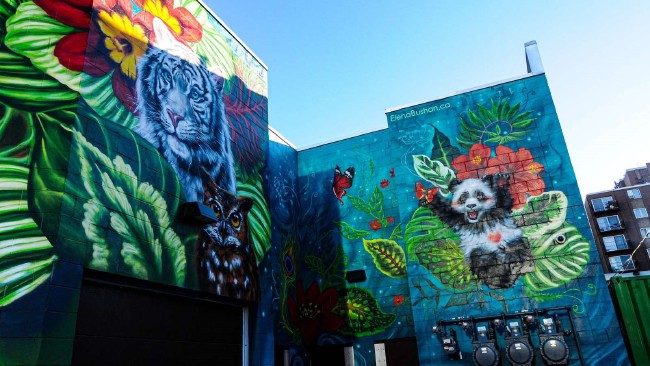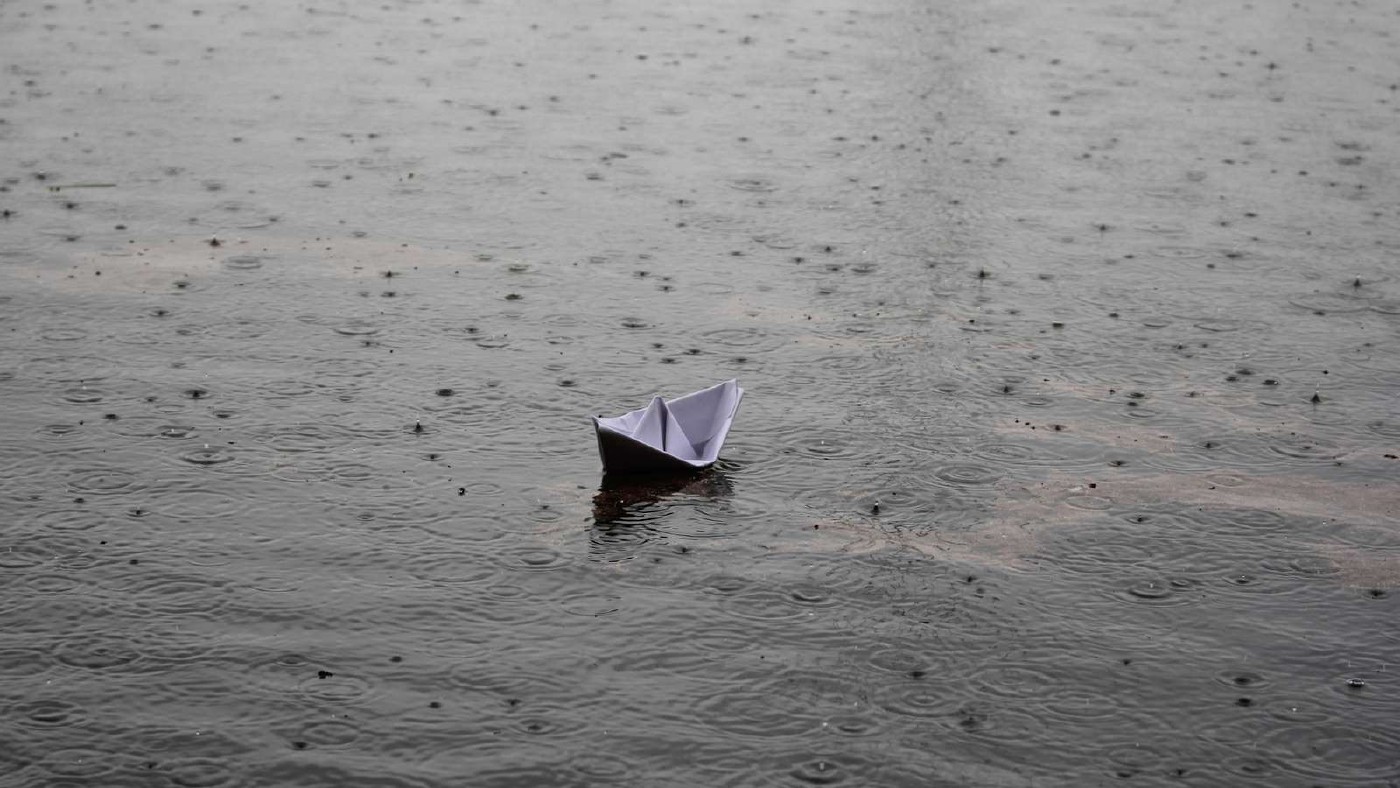
☔ Stormwater and Kerosene
Hei 👋 Did you know? A 100-mile stretch of coral reef in Mexico is the first ecosystem to have its own insurance policy. After hurricane Delta hit the coast of Mexico in 2020, this policy provided the cash required to repair the reef in time.
📈 Uplifting Trends and Facts
- Low-carbon energy and renewables now supply 64% of the world’s electricity, up from 50% in 2007.
- The number of women running America’s largest corporations has hit a new high: 37 women were leading a Fortune 500 company in 2020 against only 1 in 1998.
- Thanks to an oil drilling moratorium, development restrictions, and fishing reforms, Belize’s barrier reef is no longer on UNESCO’s List of World Heritage in Danger.
- The gender literacy gap fell from 16% in 1976 (77% for adult men against 61% for adult women) to 7% in 2017 (90% for men against 83% for women).
☔ The Pavement That Absorbs Rain
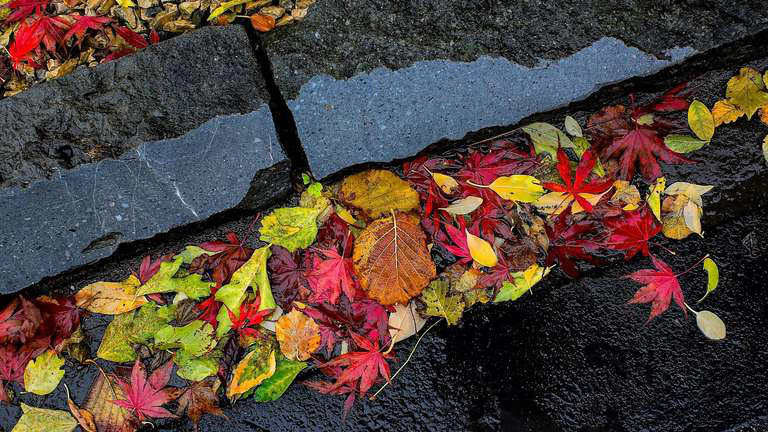
The American startup AquiPor designed an alternative pavement material that can absorb rainwater. The material’s submicron-sized pores allow water to flow through while filtering out pollutants and other solid particles.
This innovation could be crucial in cities that alternate drought and heavy rains, like Los Angeles. Indeed, it redirects stormwater into aquifers, preventing it from flowing straight into the ocean or overwhelming drains. As a result, stormwater becomes a source of fresh water rather than a threat costing hundreds of millions of dollars in storm tunnels and stormwater tanks.
Why does it matter? Cities have replaced former wetlands with parking lots, sidewalks, and roads all over the globe. Consequently, water can no longer soak into the ground. With climate change, extreme storms will become more common, and floods will therefore get worse.
Urban planning could be instrumental in mitigating flood risks by rehabilitating wetlands and adding back green space in the cities. However, where pavement is required, AquiPor’s innovation might prevent catastrophes and help cities save millions.
🪔The Company That Reverse-Engineered Plastic

In India, Rudra Environmental Solutions perfected Thermo Catalytic Depolymerization (TCD), a technique that converts plastic waste into fuel by reversing the plastic production process.
Their technology features a heated sealed reactor that can disintegrate all kinds of plastic waste, including bottles, bags, packaging, cable covers and old tires. Besides fuel, the process also produces a synthetic gas used as an energy source to keep the reactor running – making it self-sufficient.
Each tonne of plastic produces between 600 to 650 litres of fuel that Rudra Environmental Solutions sells to locals at a lower price than conventional fuel or diesel. So far, the company has collected more than 250 metric tons of waste plastic from about 15,000 households, hotels and businesses around Pune.
Why does it matter? India, like many countries, pledged to eliminate single-use plastics by 2022. However, we still need to find solutions to reuse the massive amount of plastic that already exists. According to India’s Central Pollution Control Board, more than 25,000 tonnes of plastic waste end up directly in landfills or rivers every year or pollute the air when burned in open fields.
Rudra Environmental Solutions’ innovative approach removes existing plastic without generating pollution while creating local jobs and providing rural communities with cheaper fuel.
🎯 The Pick
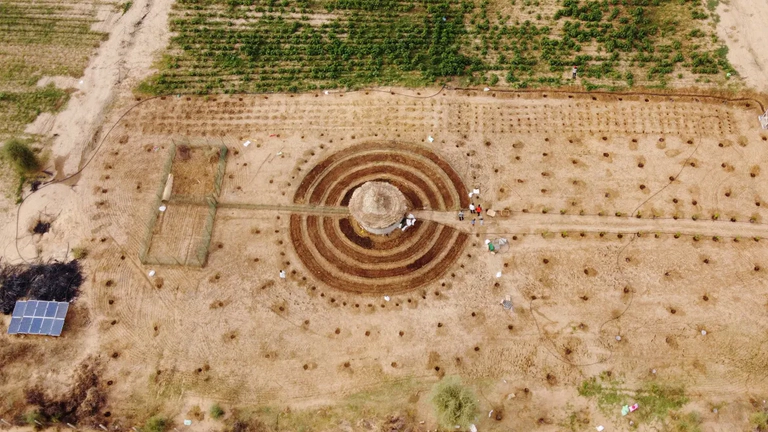
In Senegal, a local project is creating hundreds of circular gardens ("Tolou Keur" in Senegal’s Wolof language) that organizers hope will boost food security, reduce regional desertification and engage thousands of community workers.
This project is part of the “Great Green Wall” initiative that initially aimed to plant an 8,000 km forest from Senegal to Djibouti but then shifted its focus to creating a network of locally sourced sustainable land management practices.
Tolou Keur gardens hold plants and trees resistant to hot and dry climates, including papaya, mango, moringa and sage. Circular beds allow roots to grow inwards, trapping liquids and bacteria and improving water retention and composting.
Why does it matter? Amid the COVID-19 pandemic, Senegal closed its border, cutting imports and exposing rural communities’ dependence on foreign food and medicines. This situation reinforced the need for villages to become more self-sufficient.
Organizers also expect these gardens to bring hope to locals, preventing them from embarking on long and dangerous journeys in search of better lives elsewhere. What began as a lifeline during the pandemic could thus become instrumental in building a better future for the whole country.
🌍 Meanwhile, Worldwide…
🚗 Mercedes-Benz announced it would shift its focus towards electronic-only vehicles and be ready to go all-electric by 2030. The company joined Jaguar Land Rover, General Motors, Ford and other car manufacturers that decided to move away from gasoline-powered vehicles.
🥗 Near Marseille, France, le Présage is the first 100% solar-powered restaurant in Europe. The owner — a former aeronautical engineer — partnered with Simply Solar and Solar Brother to harvest solar energy and create delicious zero-emission menus.
⚓ MIT researchers designed a bio-glue that can seal bleeding wounds within 15 seconds. Inspired by barnacles, which have a natural adhesive that allows them to stick on wet rocks, this groundbreaking discovery could treat traumatic injuries and help control bleeding during surgery.
🌳 In Appalachia, Green Forests Work reclaims abandoned coal mines by removing non-native species, loosening the compacted soil, and hand planting native trees. This reforestation effort boosts biodiversity, improves air quality, generates local jobs and attracts tourists to the area.
🔋 Finnish designers Stora Enso aim to use trees to create batteries. The idea is to use lignin (a by-product of cellulose fibres production that makes up around a third of all wood’s total composition) to replace the mined metals and fossil fuels found in regular lithium-ion batteries.
😍 Wholesomeness
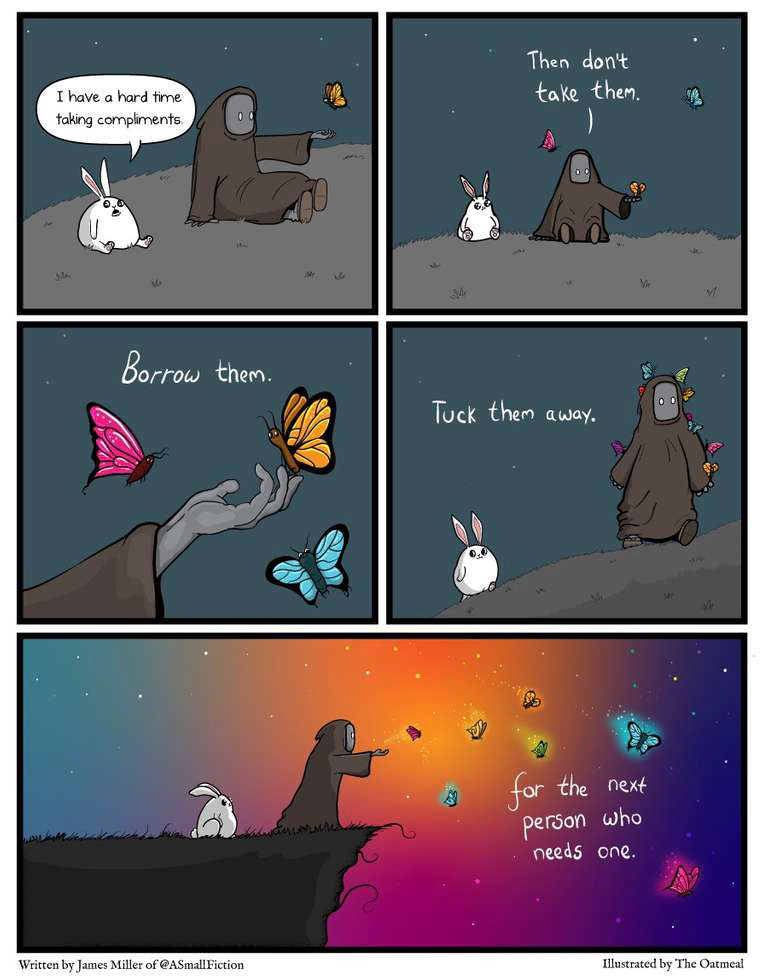
That’s a wrap. If you enjoyed this newsletter, please share it with your friends! For any feedback, reach out and drop a comment here or on our social media platforms :-)
Have an amazing week ahead 💗
Related Posts
🐄 Kinetic Energy and Methane Masks
Kia Ora 👋 *Did you know? *The International Union for Conservation of Nature (IUCN) has recently upgraded the giant panda from “endangered” to “vulnerable.
🎮 Removing Sticky Labels on Veggies and Cleaning the Ocean for Fun
Hola 👋 Did you know? Greenland recently announced a halt on new oil and gas exploration, stating that “the future belongs to renewable energy.
🎨 Cleaning the Air With Graffiti and Generating Power From Cocoa Waste
Bonjour 👋 Did you know? A quarter of UK’s homes sit above abandoned coal mines, flooded with warm water. This water could be pumped to generate zero-carbon heating for homes and warehouses.
